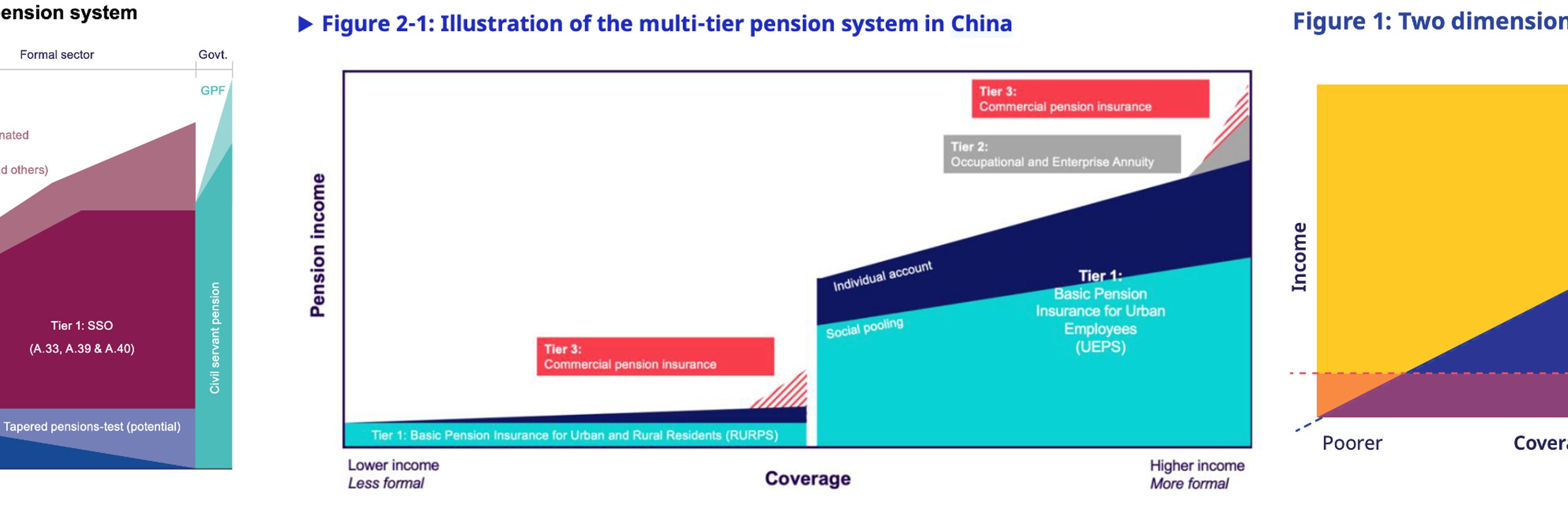

Very interesting about the SSA data!
Very interesting about the SSA data!
In the end, whatever Elon says will have to rub up against the political economy of this.

In the end, whatever Elon says will have to rub up against the political economy of this.
The article is interesting, although I do think there is a danger sometimes of conflating questions of AI (e.g. fraud detection), eligibility criteria and benefit adequacy.
bsky.app/profile/knox...
Indeed, the report reads like one of an organisation taking these issues seriously (or perhaps I am naïve).

The article is interesting, although I do think there is a danger sometimes of conflating questions of AI (e.g. fraud detection), eligibility criteria and benefit adequacy.
bsky.app/profile/knox...
Just on the question of the AI being perceived as more "scientific", in this case the human reviewers don't know whether the review is from the AI, or randomly selected for review.

Just on the question of the AI being perceived as more "scientific", in this case the human reviewers don't know whether the review is from the AI, or randomly selected for review.
1. Algorithmic/black box decision-making in eligibility determination: problematic by its nature (e.g. proxy means testing) and can only get worse with AI. The key issue for me is inherent lack of transparency.
1. Algorithmic/black box decision-making in eligibility determination: problematic by its nature (e.g. proxy means testing) and can only get worse with AI. The key issue for me is inherent lack of transparency.
In case it's not already on your radar, this is another nice resource for OECD level comparison: www.oecd-ilibrary.org/employment/d...
Seems to roughly match the UK and Sweden data (reassuringly)

In case it's not already on your radar, this is another nice resource for OECD level comparison: www.oecd-ilibrary.org/employment/d...
Seems to roughly match the UK and Sweden data (reassuringly)
By the way, lovely chart from the ONS data on the changing composition of incapacity benefit caseload.

By the way, lovely chart from the ONS data on the changing composition of incapacity benefit caseload.

